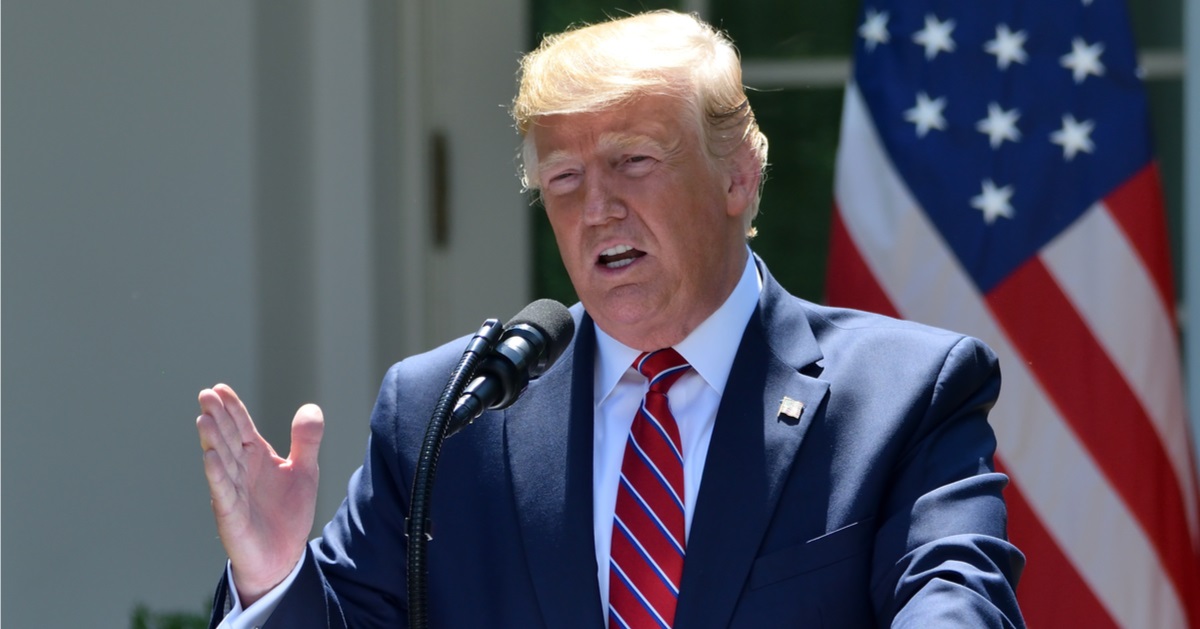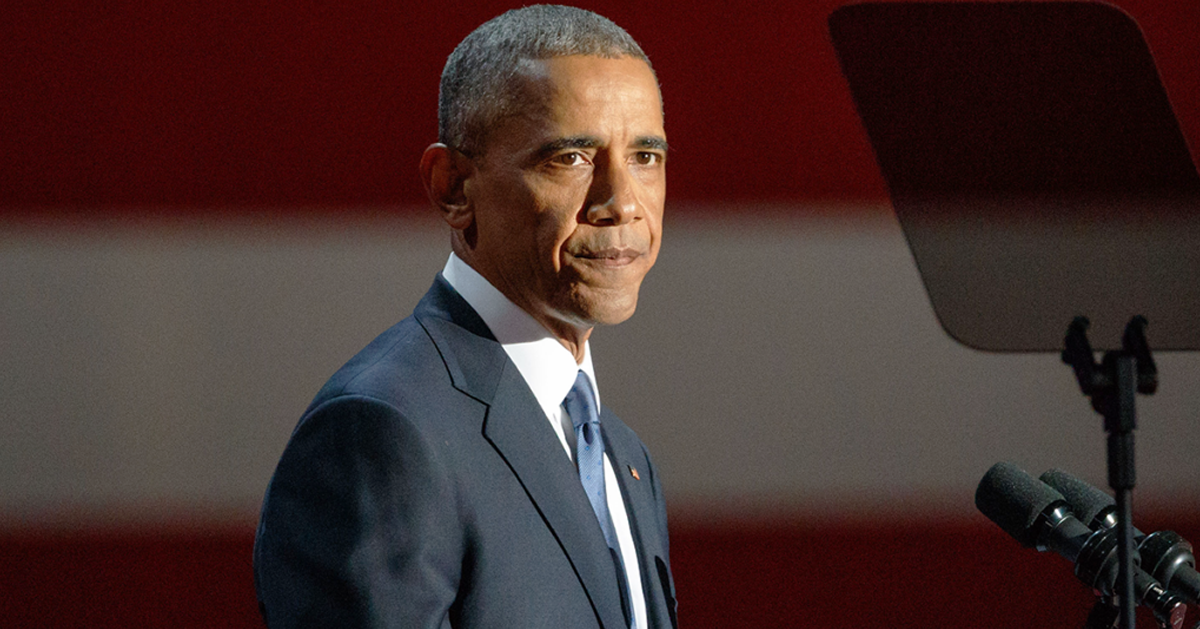James Comey leaked classified info to the media: FBI memo
Former FBI director James Comey was behind the leak of classified information to the New York Times just before the 2016 election.
According to a new bombshell FBI memo made public by the Trump administration, and first reported by Just The News, prosecutors declined to charge Comey despite finding evidence that he had authorized two separate leaks through his FBI subordinates.
A redacted version of the FBI memo was shared with Congress earlier this year before attorney general Pam Bondi removed those redactions, exposing Comey and his chief of staff.
“This document produced at my direction confirms what many Americans have long suspected: former FBI Director James Comey and his chief of staff engaged in abhorrent conduct," attorney general Pam Bondi said. "There must be accountability for those who were entrusted with safeguarding our nation’s secrets and failed to do so.”
Comey caught
Comey was the director of the FBI during the Trump-Russia probe before Trump fired him in May 2017.
During Comey's tenure, the intelligence community routinely leaked to the liberal media to fuel the false Trump-Russia narrative that clouded much of Trump's first term. A Special Counsel probe by Robert Mueller eventually vindicated Trump, finding no evidence of collusion with Russia.
According to the newly declassified FBI memo, a criminal leak investigation was opened in May 2017 over an October 2016 New York Times article that contained classified information. The name of the article does not appear in the FBI's memo, but it is likely a piece about the FBI's Trump-Russia investigation, Just The News noted.
The probe of the leak was handled by then-Connecticut U.S. Attorney John Durham and the U.S. Postal Inspection Service. While the FBI typically handled investigations of unauthorized leaks, there was a perceived conflict of interest because ex-FBI general counsel James Baker was a subject of the probe.
The USPIS found that Baker was one of two government sources for the Times article, and that he understood he had been acting at Comey's direction after receiving orders from Comey's chief of staff, James Rybicki, to leak the information. Ultimately, Durham declined to file charges.
Second leak
The FBI later continued the investigation under the codename Tropic Vortex, which uncovered a second leak to the New York Times that came "at the implicit direction of Comey." The article, titled, "Comey Asks Justice Dept. to Reject Trump’s Wiretapping Claims," was published a day after Trump accused President Obama of wiretapping Trump Tower.
The Tropic Vortex investigation found that Rybicki had forwarded a proposed statement to his personal e-mail account addressing Trump's wiretapping claims. The statement "originated from Comey" and the FBI assessed that Rybicki was involved in a "potentially unauthorized disclosure to the news media, which appeared to be at the implicit direction of Comey."
Prosecutors in Washington D.C. issued a preservation letter for Rybicki's personal e-mail account but ultimately declined to press charges because the proposed statement "appeared to be "UNCLASSIFIED."
Caught in a lie
In 2019, the DOJ's internal watchdog reprimanded Comey - but declined to prosecute him - for leaking memos of his interactions with Trump to create pressure for a Special Counsel investigation. Comey admitted he leaked the memos - using his friend and now-Columbia University professor Daniel Richman as a middleman - to "prompt the appointment of a special counsel.”
The former FBI director is coming under fresh scrutiny as the White House pushes to expose and hold accountable Obama administration officials who abused their power to undermine Trump by smearing him as a Russian asset. The Justice Department recently opened a grand jury probe, potentially exposing Comey to prosecution.
According to a newly declassified FBI memo from a separate classified leak investigation, Arctic Haze, Richman admitted to leaking on behalf of Comey "to correct stories critical of Comey, the FBI and to shape future press coverage," including media stories on the Trump-Russia investigation. Richman was particularly close with New York Times reporter Michael Schmidt, who published an article about Trump and Michael Flynn that helped trigger the appointment of Special Counsel Mueller.
Comey testified to Congress in May 2017, under penalty of perjury, that he had "never" leaked information about either Hillary Clinton or Trump to the media, either personally or by authorizing others to leak for him.




